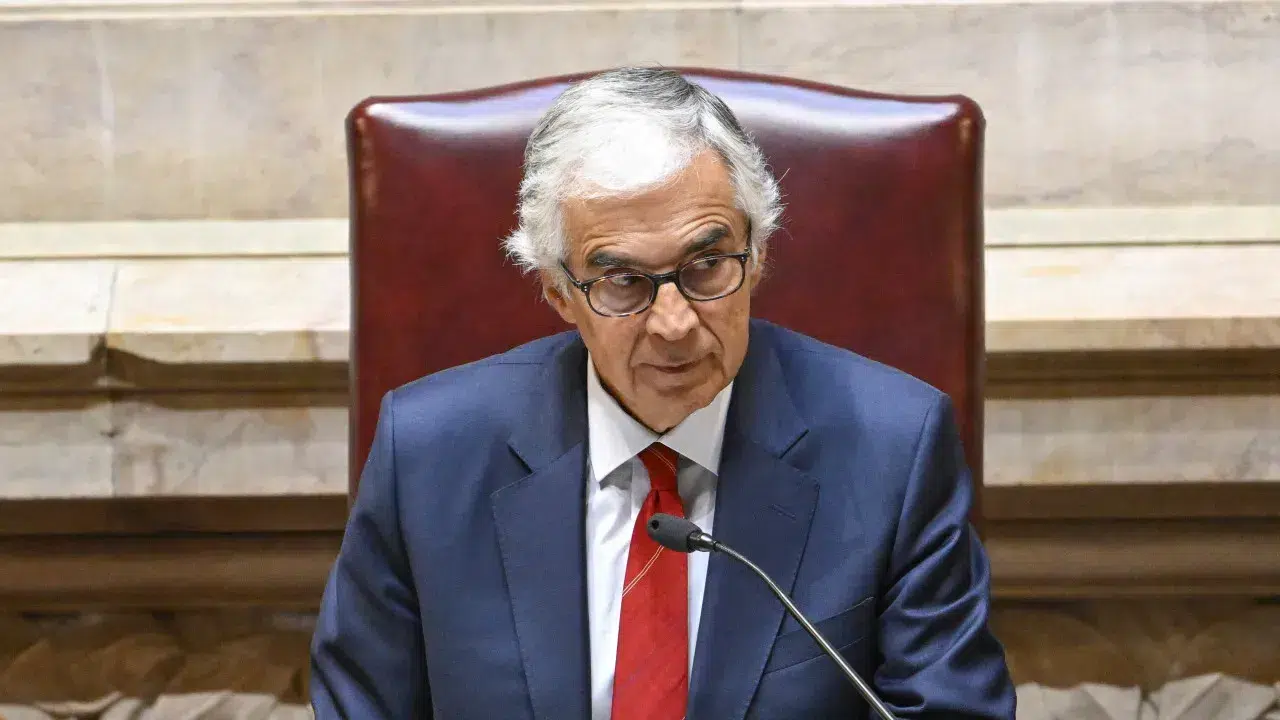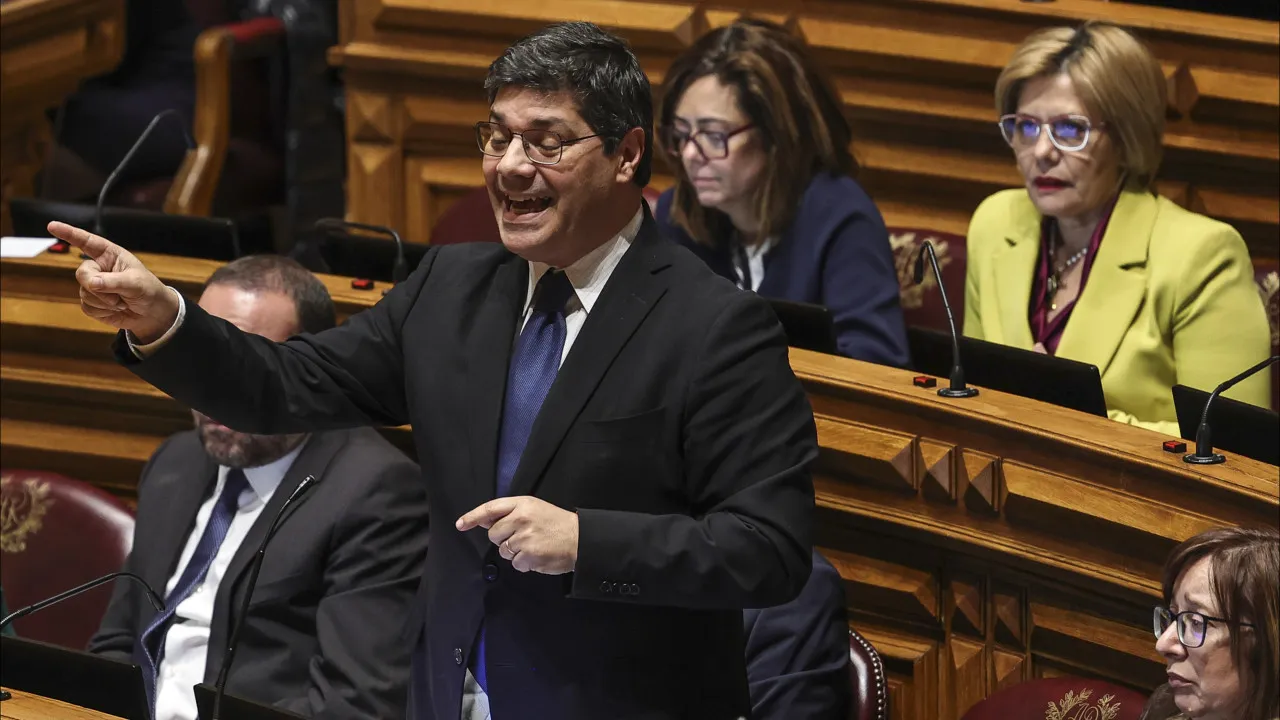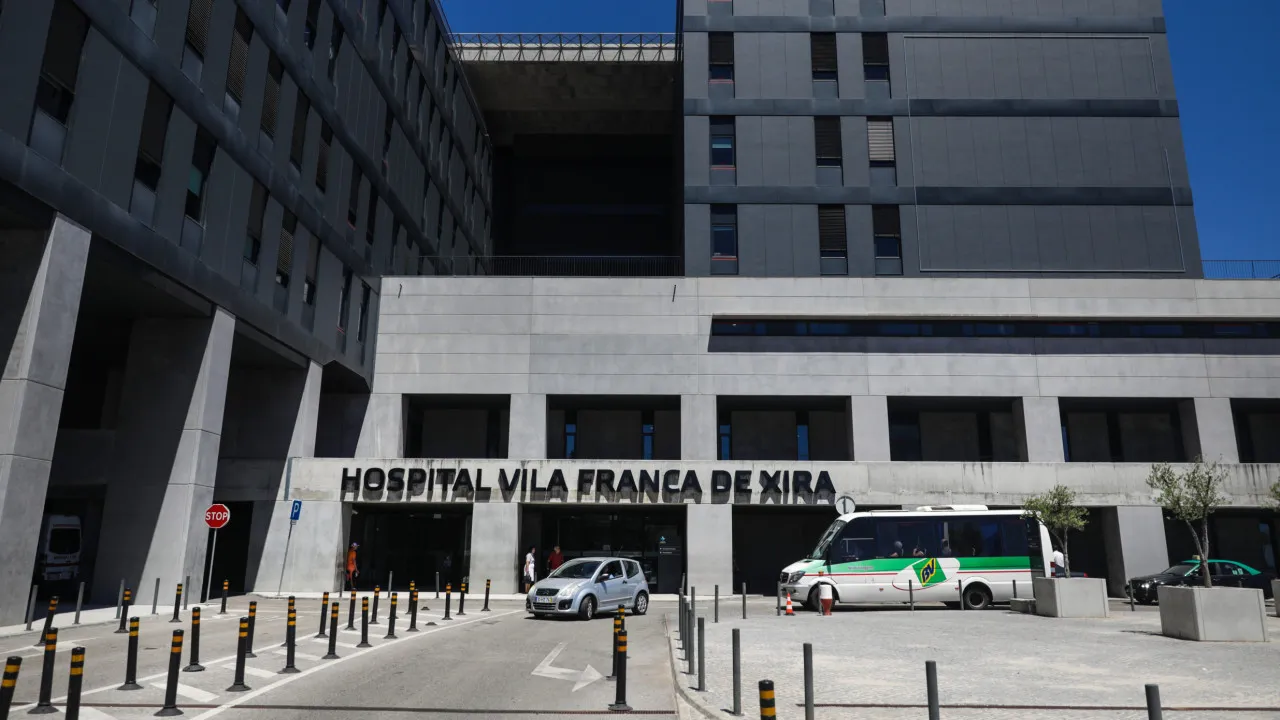
These appeals were conveyed by José Pedro Aguiar-Branco after he inaugurated the new members of the National Elections Commission (CNE), who were elected by parliament last week with a large majority through a single list.
José Pedro Aguiar-Branco emphasized that parliament “has the constitutional mission to debate, legislate, oversee the Government’s actions, monitor the country’s political direction through committees, and appoint external entities accountable to the Assembly of the Republic, helping ensure the proper functioning of the democratic rule of law.”
Reflecting on the last half-century of democracy, he remarked, “majorities and parliamentary geometry change, balances shift, participants and priorities evolve, the number of parties in parliament varies, and so does the parliamentary representation of each.”
“Times change, but it is essential that not all intentions change, especially the intention to negotiate, to build joint solutions, and to find paths that truly serve citizens,” he highlighted, citing as a positive example the election of the new CNE by “85% of the deputies”, representing an entity that is “representative of the various parliamentary groups.”
Besides the call for political negotiation, the President of the Assembly of the Republic expressed a “desire to work in favor of democracy, ensuring equality among parties, electoral transparency, and the constitutional right to elect and be elected.”
“In brief, the objective is to preserve, among us, the rules and frameworks that enable democracy to function. This is what is expected of this parliament and also of the CNE,” he concluded.
Regarding the CNE, José Pedro Aguiar-Branco noted that in Portugal there is no distrust regarding the truthfulness and transparency of electoral results, “despite the changes the system undergoes and the frequency of electoral acts.”
However, he cautioned that in life there are no guaranteed values and sent a message advocating for an attitude of “non-conformity,”
“We cannot be satisfied when 80% of our emigrants abstain—and when there are 30% null votes. These numbers represent more than statistics. They represent citizens disengaged from democratic life due to administrative barriers, distrust, or disenchantment,” he criticized.
For the former Minister of Justice and Defense, these citizens “represent voices that fail to be heard.”
“This is why we must act. We need to simplify processes to promote participation, ensure voting abroad is simple and secure, improve information, and make voting more accessible, because citizenship should not depend on distance,” he stressed.
Aguiar-Branco specified that the mission to combat abstention among emigrant communities “is a task that involves the CNE, but also this parliament, where legislation is made and decisions are taken.”
The list of new members of the National Elections Commission was elected, by ballot, on the 17th, receiving 194 favorable votes out of 207 voting deputies.
This single list of candidates, composed of one effective member per parliamentary group, received only 11 blank votes and two null votes.
The single list of effective members includes Teresa Leal Coelho (PSD), Fernando José Silva (Chega), Fernando Anastácio (PS), Ana Rita Andrade (Iniciativa Liberal), André Wemans (Livre), Sérgio Manuel Pratas (PCP), and Rodrigo Roquete (CDS).
Jorge Paulo Oliveira (PSD), Filipe Arrais Lima Bacelar (PS), Natércia Lopes (Livre), Helena Casqueiro (PCP), and Ana Cristina Delgado (CDS) were nominated as alternates.
[News updated at 13:22]




